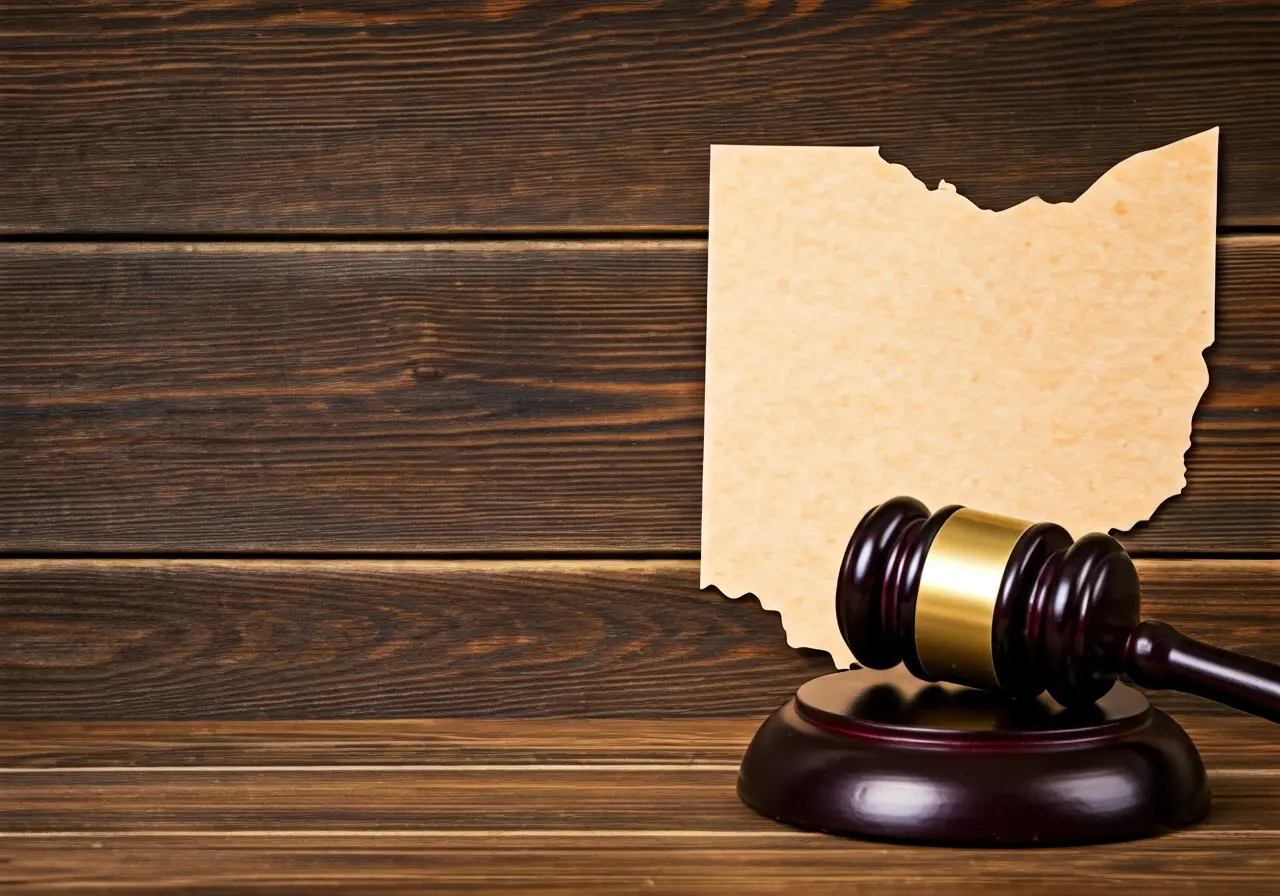Choosing the right criminal defense attorney in Ohio can feel overwhelming, especially when you’re navigating the legal system for the first time. This guide aims to make the process easier by providing you with the essential information you need to make an informed decision.
Understanding the Role of a Criminal Defense Attorney
A criminal defense attorney plays a crucial role in protecting your rights and providing a robust defense strategy. It’s essential to understand what they do and how they can help you navigate the legal system effectively.
When facing criminal charges, understanding the role of your criminal defense attorney is the first step towards preparing a solid defense. These professionals are not just about arguing in court; they are your advisors and advocates throughout the entire legal process. Their role includes investigating the charges against you, scrutinizing evidence, identifying any procedural errors or constitutional violations, and negotiating with prosecutors for potential alternatives to trial. The blend of law knowledge and the ability to analyze complex situations enables them to strategize a defense tailored to your specific case. By fully comprehending their role, you empower yourself to work more effectively with your attorney, ensuring that every legal pathway is explored.
Key Qualities to Look for in a Criminal Defense Attorney
When searching for a criminal defense attorney, key qualities like experience, track record, and specialization in Ohio criminal law are critical to consider. These attributes can significantly influence the progress and results of your case.
Experience is paramount when selecting a criminal defense attorney. An attorney with a seasoned background knows the ins and outs of the criminal justice system in Ohio and is adept at crafting strategies that align with local laws and practices. Specialization in criminal law is equally vital because it ensures that your potential attorney not only has general legal knowledge but also specific expertise in defending cases like yours. Additionally, consult reviews and testimonials to gauge both their track record and their reputation within the legal community and with past clients. These insights can be extremely telling of how the attorney operates and whether they’re likely to secure a favorable outcome.
Another critical aspect to consider is the attorney’s ability to remain composed under pressure. Court cases can become intense, and the ability to maintain poise can make a substantial difference in negotiations and in the courtroom. An attorney who can think logically and act decisively, even when faced with unexpected challenges, is an asset. This level of professionalism often breeds respect not just from clients, but also from judges and prosecutors – a crucial component that can indirectly influence the course of the legal process.
The Importance of Communication and Trust
Building a solid communication line and trust with your attorney ensures that you can collaboratively work towards a favorable outcome. It’s important to feel comfortable discussing all aspects of your case with them.
Open communication is at the heart of a successful attorney-client relationship. It’s important that your attorney listens and responds thoughtfully to your concerns, questions, and priorities. Frequent updates about the status of your case and a clear explanation of legal concepts are vital in ensuring that you remain informed throughout the process. This transparent communication builds trust and allows you to make decisions confidently, knowing you have all the necessary information at your disposal. Consider attorneys who are known for their approachability and willingness to engage clients in detailed discussions about the case’s progress.
Evaluating the Attorney’s Track Record and Reputation
Researching an attorney’s past case outcomes and reputation within the legal community can provide insight into their ability to handle your case effectively. A strong reputation is often a reliable indicator of competence and success.
It’s useful to explore how an attorney’s previous clients regard them. Past case outcomes, especially those that are similar to your own, can be a solid reference point for predicting future success. But remember, while the outcome is important, the overall experience of past clients is also vital. Reputation among peers can also be telling. An attorney who is respected by other lawyers, judges, and even prosecutors is often one who carries a significant professional weight, which can play to your advantage during negotiations and in court.
Navigating Consultation and Fee Structures
Understanding the fee structures and what to expect during the initial consultation can help you make a more informed choice. It’s essential to be clear about costs and any payment plans available before proceeding.
The consultation is not just an opportunity for the attorney to review your case; it’s also your chance to evaluate whether they’re the right fit for you. Be prepared to discuss fee structures in detail – these can vary significantly from one attorney to another. Some may charge a flat rate, while others might bill hourly. Also, discuss whether they offer payment plans to manage costs over time, which can be a great relief when finances are tight. Transparency regarding payment terms during this initial stage can prevent future misunderstandings and ensure that the focus remains on achieving the best possible outcome for your case.
Making the Right Choice for Your Defense
Understanding the nuances involved in selecting the right criminal defense attorney can make a significant difference in the outcome of your case. By considering experience, communication, reputation, and other key factors, you’ll be well-equipped to choose an attorney who best fits your needs.





